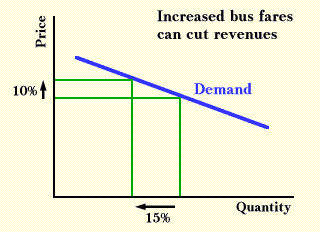Delta to offer severance to 30,000
15 minutes ago
Delta Air Lines says it will offer voluntary severance payouts to roughly 30,000 employees — more than half its workforce — and cut domestic capacity by an extra 5 percent this year as part of an overhaul of its business plan to deal with soaring fuel prices.
Executives at Atlanta-based Delta said in a memo to employees Tuesday that the airline's goal is to cut 2,000 frontline, administrative and management jobs through the voluntary program, attrition and other initiatives.
A spokeswoman says that if more than that amount agree to take the voluntary severance, that will be allowed. The severance program primarily affects mainline Delta employees.
Delta had 55,044 total full-time equivalent employees as of the end of last year.
15 minutes ago
Delta Air Lines says it will offer voluntary severance payouts to roughly 30,000 employees — more than half its workforce — and cut domestic capacity by an extra 5 percent this year as part of an overhaul of its business plan to deal with soaring fuel prices.
Executives at Atlanta-based Delta said in a memo to employees Tuesday that the airline's goal is to cut 2,000 frontline, administrative and management jobs through the voluntary program, attrition and other initiatives.
A spokeswoman says that if more than that amount agree to take the voluntary severance, that will be allowed. The severance program primarily affects mainline Delta employees.
Delta had 55,044 total full-time equivalent employees as of the end of last year.






